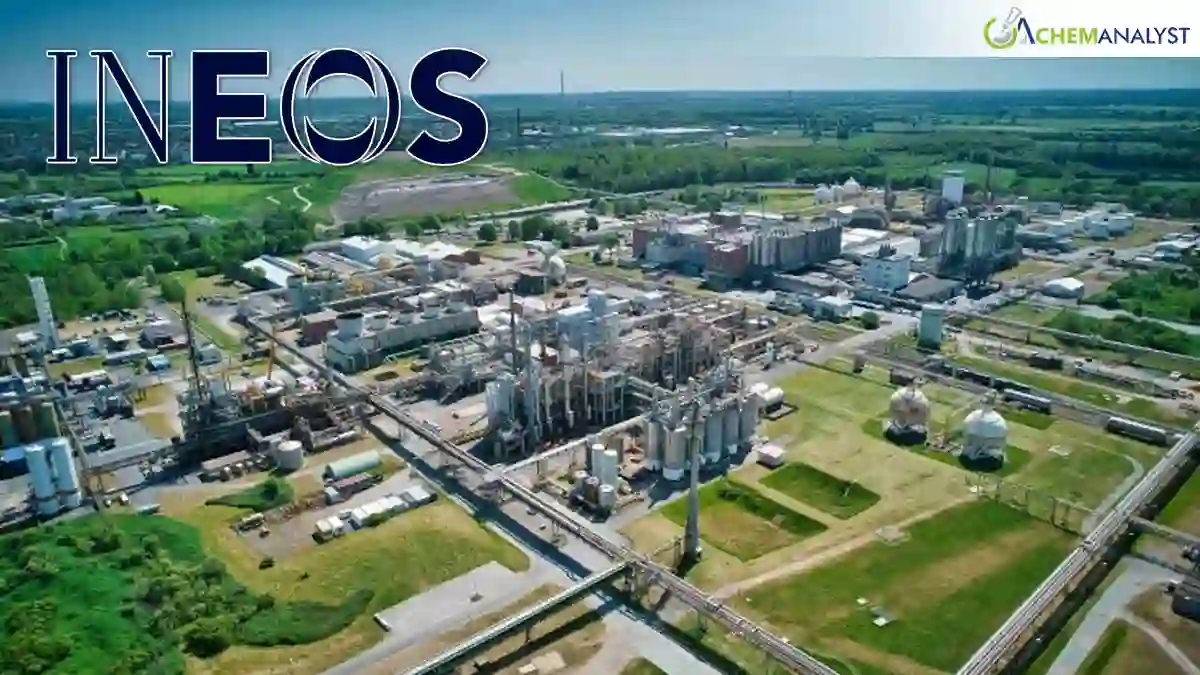Welcome To ChemAnalyst

INEOS plans to close two Rheinberg plants due to high energy costs and lack of EU tariff protection, risking jobs.
INEOS has officially announced its plan to close two production facilities in Rheinberg, Germany, resulting in the loss of approximately 175 jobs. The decision comes amid soaring energy and carbon costs and the absence of tariff protections, which together have created a highly unsustainable operating environment for European chemical producers. The company informed employees of the intended closures, which reflect a mounting crisis across the continent’s chemical industry.
Stephen Dossett, CEO of INEOS Inovyn, commented on the situation, saying: “Europe is effectively committing industrial suicide. While chemical manufacturers in the United States and China benefit from low-cost energy, European companies are being priced out by our own policy framework and the lack of protective tariffs. Simultaneously, high-emission imports continue to enter our markets unchecked. This is completely unsustainable. If immediate measures are not taken, more plant closures, job losses, and a growing reliance on imports for critical materials will follow.”
The two affected Rheinberg facilities produce essential chemicals with a wide range of applications. The Allylics plant manufactures a key component for epoxy resins, which are vital in defense, aerospace, automotive, and renewable energy infrastructure. The electrochemical plant produces chlorine, a substance critical for clean water, pharmaceuticals, sanitation, and numerous industrial processes.
These closures are part of a broader pattern indicating the declining competitiveness of Europe’s chemical sector. Since 2019, chemical output in Germany has fallen by 18%, triggering job losses and reduced investment across the industry. INEOS has previously closed or scaled back operations in other locations, including Grangemouth in the UK, Geel in Belgium, Gladbeck in Germany, Tavaux in France, and Martorell in Spain.
Dossett highlighted the paradox of these developments, noting, “We have reached a point where highly efficient, well-invested European plants are shutting down while global emissions continue to increase. This is not merely economic mismanagement; it is environmental hypocrisy.”
Moving forward, INEOS plans to concentrate on maintaining its remaining PVC operations in Rheinberg, which employ roughly 300 skilled workers. However, the continuation of these operations will require urgent state support to offset substantial local transition costs. The company expressed deep regret over the necessity of closing the cell rooms and Allylics operations, acknowledging the significant impact on employees and the broader German supply chain.
“We will work closely with partners and employees to minimize the effects of these closures,” Dossett stated. “Our goal is to protect the parts of our business that remain viable, but we cannot succeed alone. Governments must intervene to safeguard strategic manufacturing in Europe, help manage this transition, and restore competitiveness.”
INEOS has been especially critical of the European Union’s failure to implement tariff protections. Unlike the United States, which has enacted robust tariffs to prevent an oversupply of commodity chemicals from countries such as Korea, Taiwan, and China—including products derived from inexpensive Russian feedstocks—Europe remains exposed, allowing the displacement of domestic production. Without swift policy changes, further plant closures and job losses appear inevitable.
We use cookies to deliver the best possible experience on our website. To learn more, visit our Privacy Policy. By continuing to use this site or by closing this box, you consent to our use of cookies. More info.
